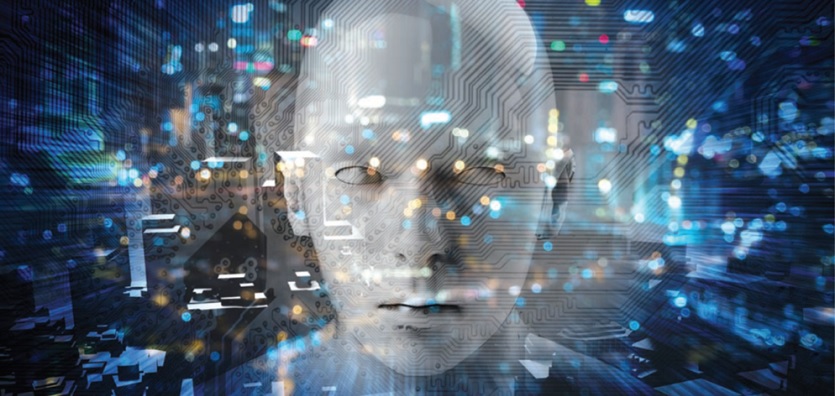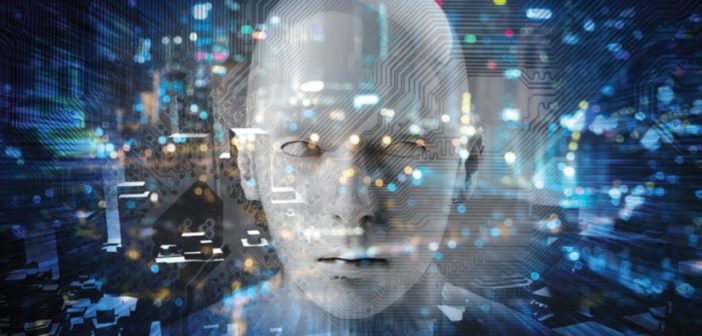
 Artificial Intelligence (AI) is the application of technological solutions to problems which typically require human intelligence – think of identifying objects in images, recognising and correctly reacting to human speech, and making decisions based on inputs which vary. In it’s various guises, AI is increasingly being seen by the commercial world as having the potential to add significant value to the balance sheet. Together with developments in machine learning (computers learning from data without being explicitly programmed what to learn) it is now almost inevitable that AI will become integral to the IT systems of many major companies. Whilst this will undoubtedly produce tangible benefits, increased deployment of AI solutions will create cyber security issues that are not currently being considered by the wider industry.
Artificial Intelligence (AI) is the application of technological solutions to problems which typically require human intelligence – think of identifying objects in images, recognising and correctly reacting to human speech, and making decisions based on inputs which vary. In it’s various guises, AI is increasingly being seen by the commercial world as having the potential to add significant value to the balance sheet. Together with developments in machine learning (computers learning from data without being explicitly programmed what to learn) it is now almost inevitable that AI will become integral to the IT systems of many major companies. Whilst this will undoubtedly produce tangible benefits, increased deployment of AI solutions will create cyber security issues that are not currently being considered by the wider industry.
James Clapper, the former Director of US National Intelligence, concurs with the view the growth of AI will introduce new threat vectors. He believes AI will become common in financial, energy and weapons systems to name but a few. He states America would therefore be wise to focus on threats which AI may pose to society as a whole. It is interesting to note Bill Gates and the late Stephen Hawking, men not known for their lack of vision, also agree with the notion that increased use of AI brings with it a new type of threat component.
But is it a realistic proposition that AI becomes a common tool of the commercial world? Tech-industry heavy hitters certainly seem to think so. Microsoft recently used it’s huge library of recorded technical support calls to build an AI that recognises conversational speech as accurately as any human. Given that both sides of helpline calls are recorded, and can therefore be comprehensively studied by an AI, it is surely only a matter of time before we see a virtual call centre staffed solely by an AI which reacts verbally, as opposed to using a message box. This would have the tangible benefit of reducing staff and phone line costs, not to mention the prospect of multiple AIs working for multiple companies from the same (now considerably smaller) call centre infrastructure. Although many call centres currently rely on speech recognition to direct calls to human call centre representatives, this is far from the flexibility and accuracy which could be potentially offered by a well trained AI…Click here to read full article.






